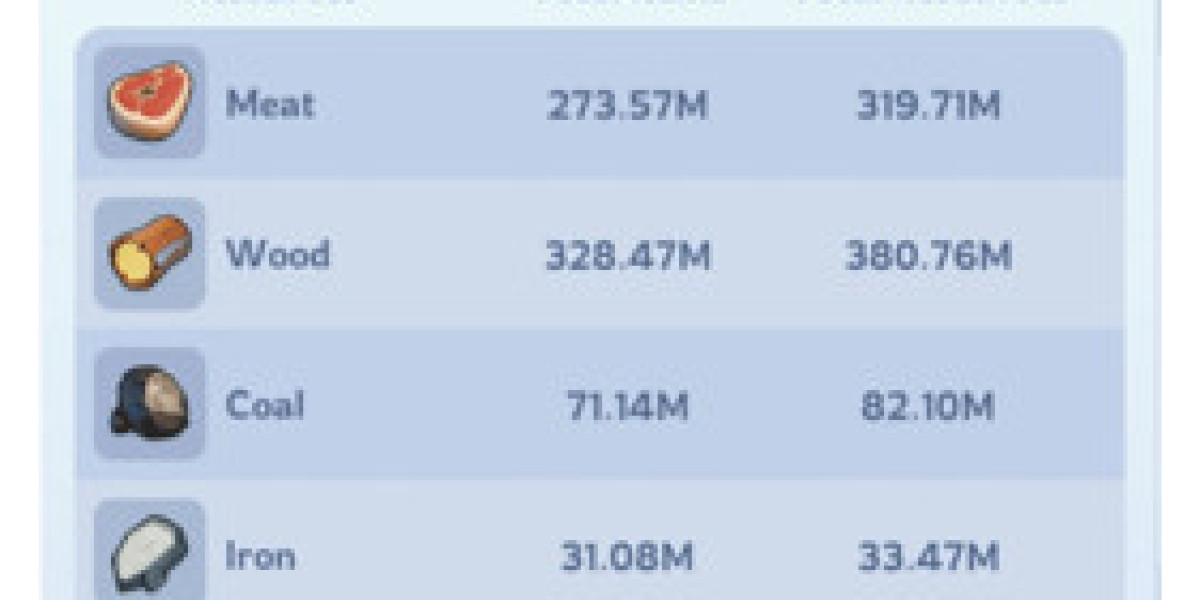Choosing the right oil and gas material suppliers can make or break your project. In oil and gas operations, delays, poor-quality materials, and weak supplier communication can lead to big losses. You don’t want to be in the middle of a drilling operation, only to find out your flange is the wrong size or the pipes don’t meet industry standards. That’s why partnering with the right supplier is more than just getting parts—it's about building a system that works. In this guide, we’ll walk through how to pick reliable suppliers, what to look for, and the impact of quality materials. We’ll also share tips, stats, and answers to the most common questions so you can make informed decisions. No hard terms. No confusing talk. Just clear advice that helps you move fast and work smart.
What Do Oil and Gas Material Suppliers Actually Do?
Oil and gas material suppliers help projects run smoothly by providing the parts and tools needed for operations. They support upstream, midstream, and downstream projects.
They usually supply:
Carbon and stainless steel pipes
Valves, flanges, and gaskets
Pumps, hoses, and compressors
Industrial bolts, nuts, and fittings
Safety gear and fire-resistant clothing
Chemicals, coatings, and sealants
They ensure that:
Materials meet international standards
Deliveries are made on time
Products are traceable with test reports
Orders match exact specifications
Without these suppliers, your project stops before it even begins.
Key Factors When Choosing Oil and Gas Material Suppliers
Not every supplier is the same. Here’s what to check before you trust one with your project.
1. Product Range and Stock
Look for a supplier that stocks everything from flanges to pressure valves.
You save time and cost when everything comes from one source.
2. Certifications and Compliance
Good suppliers meet ISO 9001, API, ASME, or ASTM standards.
These certifications guarantee product quality and safety.
3. Fast Delivery and Local Availability
Speed matters in oil and gas.
Check how fast they deliver and if they have nearby warehouses.
4. Technical Support and Customer Service
A good supplier should have a team that understands engineering.
They should guide you with sizing, specs, and alternatives.
5. Pricing and Transparency
Ask for a clear quote with item codes and terms.
Avoid suppliers who change prices without notice.
Materials Commonly Supplied in Oil and Gas Projects
Let’s break down the most used materials.
Seamless Steel Pipes – Used for high-pressure oil and gas transport
Welded Pipes and Tubes – Cost-effective for large volumes
Flanges and Fittings – Help connect and secure pipe systems
Ball and Gate Valves – Control flow and pressure
Gaskets and Seals – Prevent leaks at connections
Anti-corrosion Coatings – Protect metal from rust and chemicals
These parts keep oil flowing, gas secure, and your system running safely.
Stats That Prove Supplier Choice Matters
Here are facts you can’t ignore:
70% of oil and gas project delays are caused by material delivery issues.
The average oilfield project uses over 1,000 unique parts.
Using the wrong spec material can lead to failure costs over $250,000.
65% of pipeline leaks are due to poor-quality gaskets and seals.
Local suppliers reduce lead times by up to 40% compared to international ones.
Choosing the wrong supplier isn’t just risky—it’s expensive.
How to Build Long-Term Supplier Relationships
A supplier is more than just a seller—they're a project partner.
To build trust:
Communicate your specs clearly
Place trial orders before big ones
Visit supplier warehouses if possible
Ask for references from other clients
Track delivery and performance history
A good relationship leads to:
Faster service
Better pricing
Priority delivery during high demand
Fewer mistakes in critical orders
Should You Choose Local or Global Oil and Gas Material Suppliers?
Each has its pros and cons.
Local Suppliers
Faster delivery
Easier communication
No customs or shipping delays
Global Suppliers
More product variety
Competitive bulk pricing
Better for hard-to-find parts
Smart tip: Combine both. Use local for urgent needs, global for planned orders.
Tips for Working with Oil and Gas Material Suppliers
Make your process easier by following these steps:
Always double-check the material grade and size before ordering
Ask for Mill Test Certificates (MTCs) for quality verification
Inspect shipments on arrival
Keep a record of past orders and delivery timelines
Talk to a real person, not just an email inbox
Doing this avoids delays, surprises, and bad stock.
Fun Facts About Oil and Gas Material Suppliers
Top suppliers stock over 10,000 SKUs of parts
Some operate 24/7 to meet emergency orders
Advanced suppliers now use real-time inventory systems
High-pressure pipes must pass hydrostatic testing before shipment
A flange as small as 2 inches can handle over 3,000 psi
Conclusion
Choosing the right oil and gas material suppliers is one of the most important steps in completing a safe, efficient, and cost-effective energy project. These suppliers aren't just vendors—they’re key players in your success. When you choose a reliable partner who delivers high-quality materials on time and understands your needs, you reduce project risk, save money, and gain peace of mind. Take time to compare suppliers, verify their stock, and build strong communication. Your projects will run smoother—and your results will speak for themselves.
Frequently Asked Questions (FAQs)
1. What is the role of an oil and gas material supplier?
They provide essential parts like pipes, valves, flanges, and safety equipment for oil and gas projects.
2. How do I choose the best oil and gas material supplier?
Look for certifications, wide product range, fast delivery, technical support, and fair pricing.
3. Why are material certifications important?
Certifications like ISO and API ensure the materials meet industry standards for safety and performance.
4. What is the difference between local and global suppliers?
Local suppliers deliver faster and are easier to contact. Global ones offer more options and sometimes lower prices.
5. How can I reduce project delays from suppliers?
Place orders early, verify stock before ordering, and build relationships with reliable vendors.








